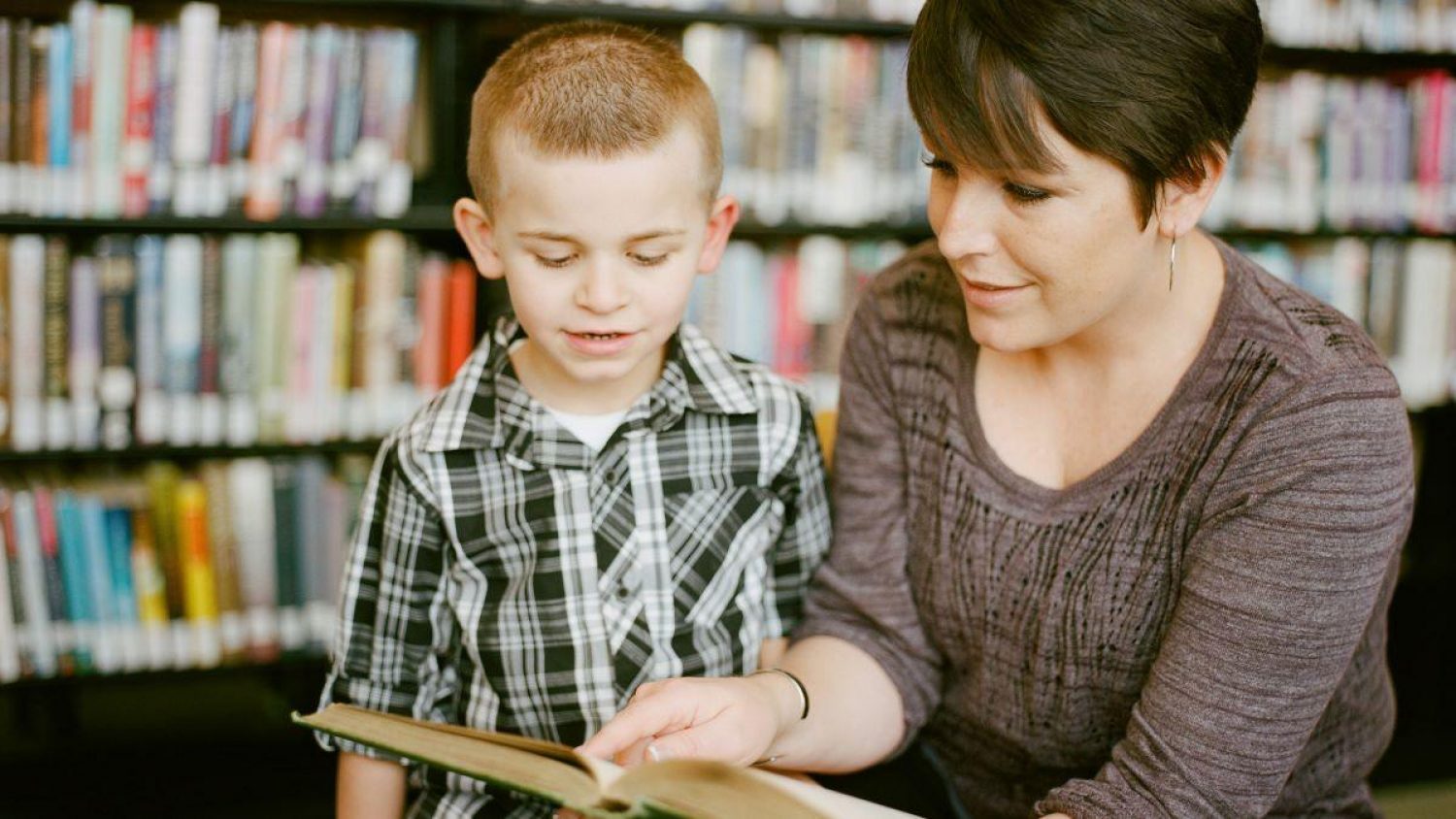Five minute read
Talking openly and honestly about death helps children who have already experienced the death of someone close to them. It also prepares all children for the world around them.
At Poppy’s, we know that these important conversations can also be difficult ones — we often struggle to know where to start.
So we brought together a panel of people with personal and professional experience of supporting children through death and loss to share their ideas and answer your questions. Watch a recording of the panel event above.
The panel consisted of Danielle Patton, Widowed Young Support Coordinator for Care for the Family; Pia Clay from the charity Child Bereavement UK; and author, celebrant and end of life practitioner Laura D Pusey. It was chaired by our founder, Poppy Mardall.
In summary, here are five of the guiding principles which our panellists shared.
1. Start early.
You can begin conversations about death in gentle ways before a child has direct experience of the death of someone they love. TV news, leaves falling from the trees, a dead animal by the side of the road are all prompts for discussion.
As Laura says, “This takes the sting out of it, so that they see death as a natural transition, because that's what it is. Explain that this is something that happens to everybody.
"We enjoy our lives to the fullest, we make use of every single day, and then the time will come when we won't be here any more, but the love can continue.”
2. Explore with and include your children.
Some of our hesitation about talking about death with children comes from the fact that none of us really know the answers. Explore with your children. If you don’t know the answer, it’s okay to say that. Ask them how they feel.
It’s not about one conversation where you give them the ‘right answer’. It may be a series of conversations over time, as their understanding grows. Each conversation gives you something to build on.
Pia explains, “Children learn through repetition. You might explain once, then they will go away and process what you’ve said. When they ask more questions later that means they are ready to receive more information. Children need time and space to think about what they feel.”
You don’t have to explain every detail, in particular in relation to a suicide or violent death, but never tell them something which isn’t true.
3. Don’t be afraid to show your feelings.
It’s important to be sad if that’s how you feel, and to let your children see how you are feeling too. They will know when things are not right, even if you try to pretend otherwise.
Danielle’s husband died when their three children were very young. “I think the most important thing is to be real,” she says, drawing on her own experience.
“Show your emotions in front of your child. They are going to watch how you react. Be real, and walk with them — you're in this together. It was important for us to keep talking and to keep those lines of communication open, being sensitive to what they may need.”
4. It's okay to reach out for support
In some situations, when you are also grieving, these conversations might feel too difficult. It might help to bring in another adult whom you and your child trust, to help answer questions and to support you both.
Professional support, counselling or peer support can also be really helpful.
Find grief support organisations listed here
“It's really important that you have a conversation with the school and with the teachers, so that they are aware. It avoids discomfort on both sides,” suggests Danielle.
Schools can support a grieving child and their classmates. If they know the context, they will be able to see if your child’s behaviour changes, understand the reasons why and make any necessary adjustments.
5. Use clear language
Young children struggle to understand metaphors and euphemisms, the kind of language often used when talking about death. This can lead to confusion and sometimes distress.
“If I say somebody's ‘gone to sleep’,” explains Pia. “I think you can imagine how much trouble you may have afterwards, especially for the younger ones. Using direct words helps them to understand what has happened and to know what death is — that the heart has stopped beating and that person won’t be coming back.”
Read about why we don't use euphemisms to talk about death
Once children understand the reality of what has happened, using their imagination, art, play and creativity can help them process it and explore their emotions.
